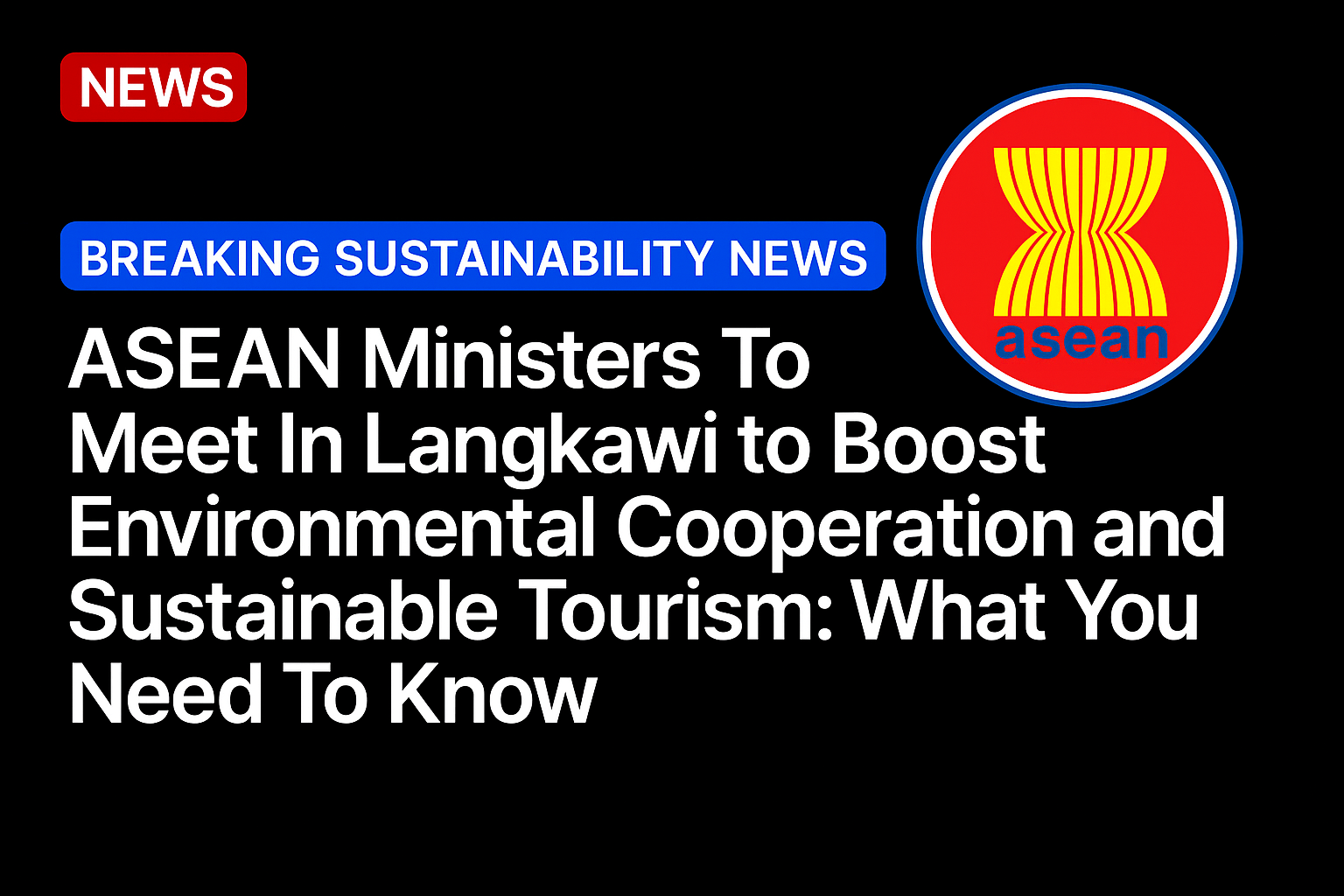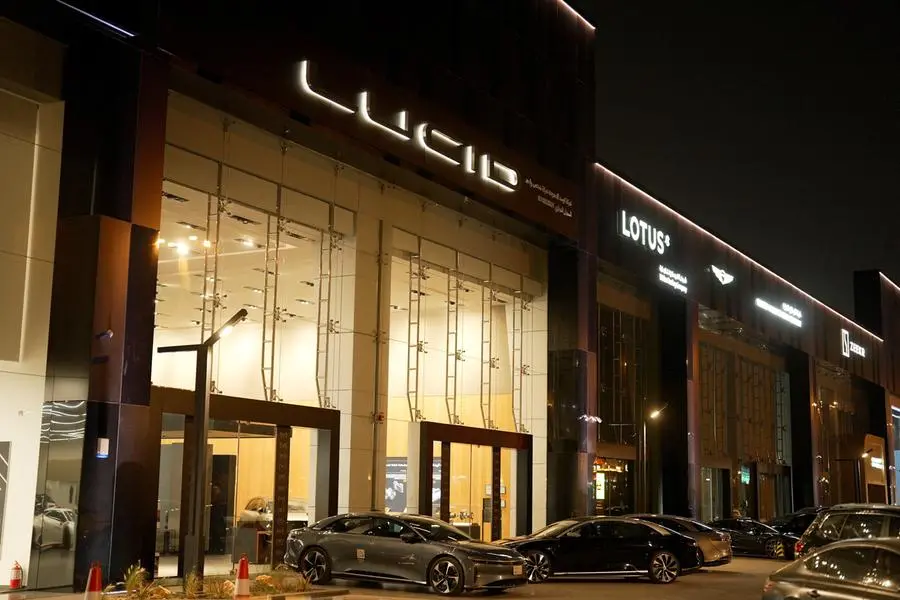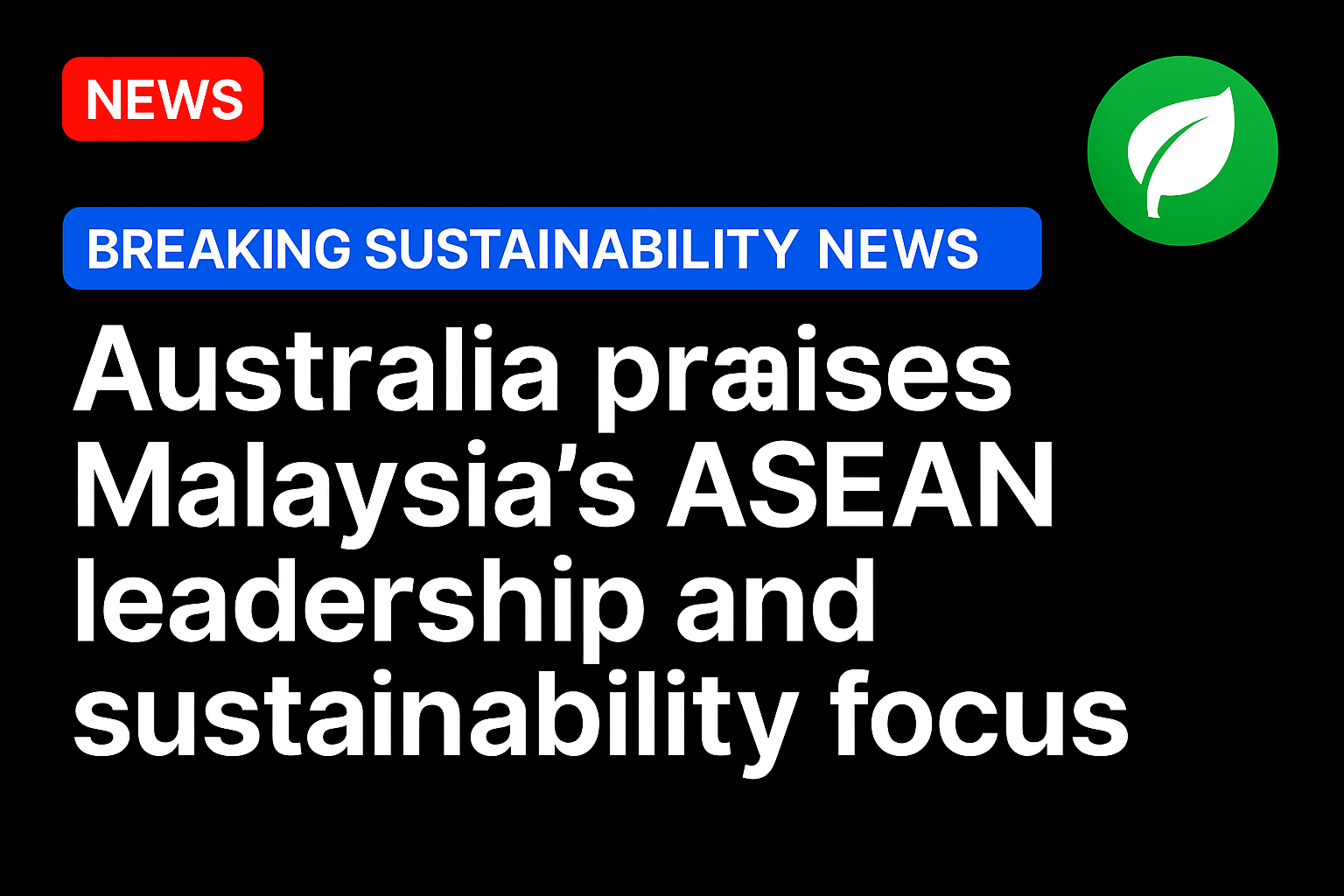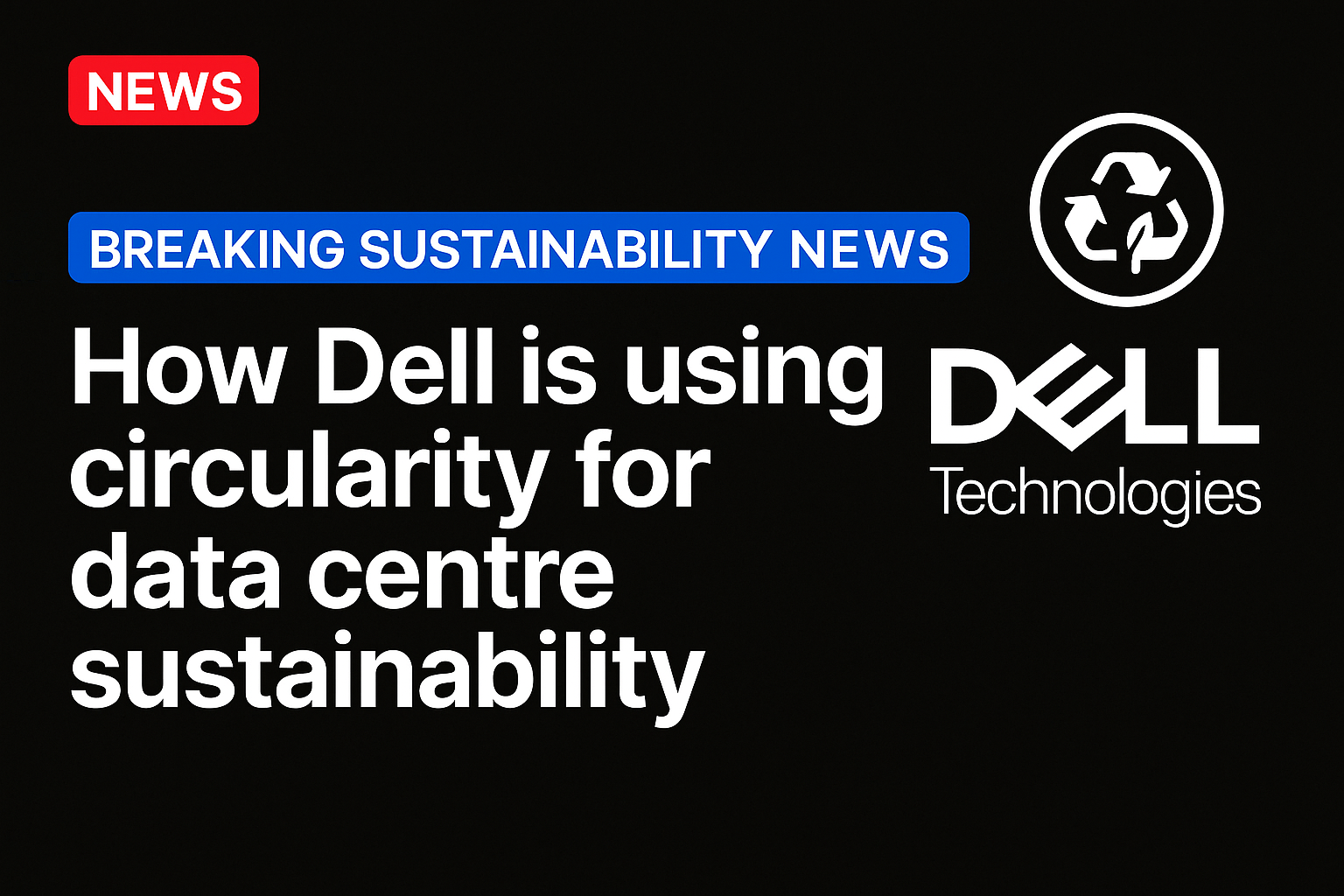This September, Langkawi International Convention Centre (LICC) will host the prestigious eighteenth ASEAN Ministerial Meeting on Environment (AMME-18) from September 2 to 4. Organized by Malaysia’s Ministry of Natural Resources and Environmental Sustainability (NRES), this event will gather over two hundred delegates from ASEAN Member States, Timor-Leste, and dialogue partners including the European Union, China, South Korea, and Japan. The meeting will be held under Malaysia’s ASEAN Chairmanship for 2025 and will coincide with the twe Meeting of the ASEAN Agreement on Transboundary Haze Pollution (AATHP) Conference of the Parties (COP).
This high-profile event aims to reinforce Malaysia’s position as a regional leader in environmental sustainability, providing a unique platform for global leaders to align on climate change resilience, biodiversity conservation, and sustainable resource management. Langkawi, known for its natural beauty and tourism appeal, will also showcase Malaysia’s commitment to green initiatives, promoting a tourism model that prioritizes sustainability.
Key Objectives of AMME-18: Enhancing ASEAN’s Role in Global Climate Conversations
The upcoming AMME-18 will focus on strengthening regional cooperation on environmental protection and sustainability, aligning ASEAN’s policies with global climate goals. The meeting will aim to produce several significant deliverables, including:
- A Joint ASEAN Statement for the thirtieth Conference of the Parties to the United Nations Framework Convention on Climate Change (UNFCCC COP30).
- Progress on the establishment of the ASEAN Centre for Climate Change (ACCC).
- The adoption of the ASEAN Climate Change Strategic Action Plan (ACCSAP).
- Consideration of a proposal to establish the Southeast Asia (SEA) Alliance Group for global climate negotiations.
These agreements will significantly impact ASEAN’s climate strategy and its role in international environmental talks. For tourism, the outcomes of the AMME-18 are expected to influence sustainable tourism practices across the region, highlighting the importance of eco-friendly tourism initiatives.
Impact on ASEAN Tourism and Regional Cooperation
Langkawi’s hosting of AMME-18 brings much more than just diplomatic engagement, it positions the island and Malaysia as strong advocates of sustainable tourism development. With the focus on reducing carbon footprints, managing resources efficiently, and responsible waste management, the meeting aligns perfectly with global trends that prioritize green and sustainable travel options for tourists.
Tourism in Langkawi and other ASEAN destinations will benefit from the regional agreements on climate change and sustainability, as they pave the way for more eco-conscious travel options. The event will not only focus on environmental issues but also include discussions on how ASEAN member states can incorporate sustainability into tourism, making destinations like Langkawi, Bali, and Phuket, more attractive to eco-tourists and travelers looking to reduce their environmental impact.
Moreover, Langkawi’s role in hosting such an event strengthens its appeal as a key destination for both leisure and business travelers, promoting eco-tourism and positioning Malaysia as a regional hub for sustainability-focused conferences and events.
Engaging Dialogue with Global Partners on Environmental Solutions
As part of the side events, the AMME-18 will feature high-level dialogue sessions with key international players, including the European Union, China, South Korea, and Japan. These sessions will focus on sharing best practices for sustainable development and climate change mitigation, with a special emphasis on technological advancements and policy collaboration. These discussions will undoubtedly benefit ASEAN tourism, as regions look to adopt innovative solutions for sustainable travel, waste reduction, and carbon footprint management.
In addition, the meeting will see the announcement of several significant initiatives, including a prime EU-funded initiative on biodiversity and climate change within ASEAN. The implementation of such initiatives could directly enhance eco-tourism offerings and attract international visitors who are increasingly mindful of sustainability in their travel choices.
Recognition of Sustainability Practices in ASEAN: ESC-6 Awards and COR Ceremony
One of the most exciting events during AMME-18 will be the sixth ASEAN Environmentally Sustainable City (ESC-6) Awards and the fifth Certificate of Recognition (COR) ceremony. These prestigious awards, scheduled for September 3, will recognize cities and regions in ASEAN that have demonstrated outstanding sustainability practices. This ceremony will be an essential highlight for both local governments and tourism operators committed to building environmentally sustainable destinations.
As tourism continues to grow in ASEAN, recognizing cities that excel in sustainable practices will inspire other regions to follow suit. This will further elevate destinations like Langkawi, where sustainable tourism practices are a key focus, and encourage travelers to choose eco-friendly destinations.
Malaysia’s Commitment to a Sustainable ASEAN Future
The NRES, through the AMME-18, is leading efforts to shape a sustainable and inclusive ASEAN by 2030, in alignment with the ASEAN Socio-Cultural Community (ASCC) Blueprint 2025 and the ASEAN Environmental Framework. Malaysia’s proactive approach in fostering international partnerships on climate change, sustainability, and tourism is expected to have lasting positive effects on both the regional and global tourism industry.
Through this event, Malaysia will showcase its environmental achievements and reinforce its role as a key player in environmental diplomacy within ASEAN, setting the stage for a more sustainable tourism landscape across Southeast Asia.
Source: https://www.travelandtourworld.com/




